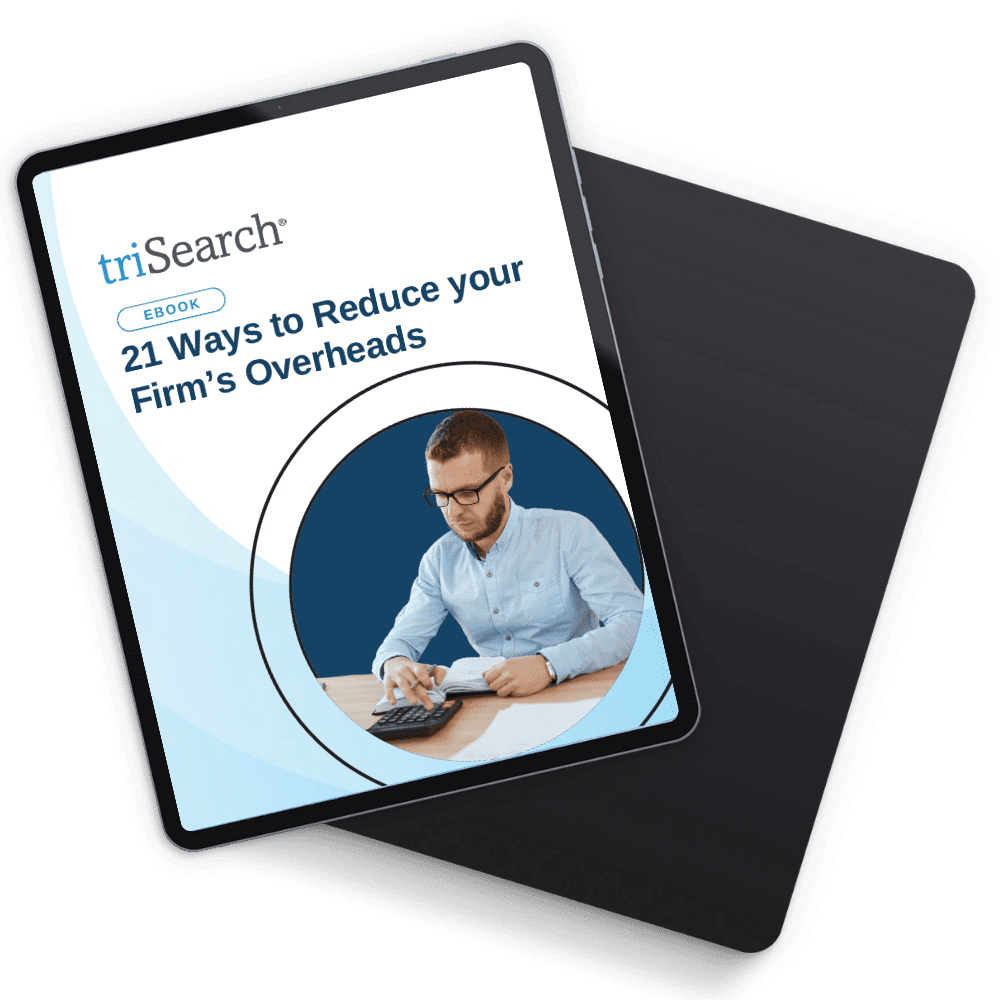Whether you’re just starting, or you’ve been running a practice for years, be prepared for your end of the financial year with these seven checklist strategies.
Considering how to organise your business’ paperwork, learning what you can write off as tax deductions as a business, reviewing your costs and upcoming plans as well as reflecting on your achievements, can go a long way to ensuring you start the new financial year with the best chance for success.
Below are my seven EOFY Checklist items to review before tax time:
1. Get your paperwork up-to-date
Having important paperwork in place helps to streamline the EOFY process. When operating a law firm in a fast-paced and dynamic environment, the task of keeping records can fall secondary to everyday business operations.
However, failing to efficiently keep up-to-date and comprehensive records can hurt your business’s long-term operations.
Keeping your paperwork in check will not only help you understand the current situations of your firm but also help with EOFY processes for your checklist.
Some examples of records you need to keep up to date are:
-
- Receipts for sales and purchases
-
- Records concerning tax returns, activity statements and employee super contributions
-
- Receipts of donations
-
- GST returns and Business Activity Statements (BAS).
2. Find out your Tax Deductions
For the vast majority of taxpayers, it’s a scramble to gather faded receipts and furiously Google for what deductions can be claimed before the deadline.
On most costs, you can claim a deduction if it relates to running your business, for example, staff wages, marketing, and business finance costs.
Some examples according to the Australian Tax Office, small business deductions may include:
-
- Website set-up fees
-
- Motor vehicle expenses
-
- Working from home expenses
-
- Devices, tools or computers
You must have records to prove the expenses that you claim as business deductions.
3. Review your costs
Whether you run a big or a small firm, expenses are something a business owner is always looking to cut. Taking the time to review your current processes can yield surprising results when it comes to expenses.
Business overheads are expenses that are related to the day-to-day running of a business, varying from software to utility bills.
Some ways to reduce your expenses include:
-
- Go paperless.
-
- Allow employees to work remotely.
-
- Save on electricity.
-
- Negotiate with suppliers.
-
- Switch to digital marketing.
Discover your profit potential with triConvey
It’s tax season again, and it’s time to review all your business expenses to know where your profit is. triConvey’s reporting & insights function gives you an accurate view of profitability.
Find your most profitable matters to kick-start the new financial year.
4. Review your business and marketing plans
Take time to set yourself up for the year ahead. Your marketing and business plan outlines strategies and details goals you want to achieve throughout the year.
The best strategy for working with an adaptable plan is to review it regularly. An outdated plan can be the difference between success and failure in the new financial year.
Regularly reviewing and updating your plans will help you to:
-
- remember your goals and priorities
-
- assess whether your strategies are working
-
- adapt to any changes in your environment
-
- make the most of new opportunities as they come your way
-
- prioritise and maximise your effort (work smarter, not harder)
5. Assess Your 2024 Goals
If you have a specific 2024 goals list, pull it up and go over it. If you didn’t, write down what your unwritten goals were (and consider a written list for 2025).
Review your goals systematically and assess them using the following questions:
-
- Were your goals achieved? Why or why not?
-
- If they were exceeded, why? How?
-
- What are the next steps? (Do you want to use higher than anticipated revenue to expand, for example, or make debt payments?)
-
- If they fell short, why? How?
-
- What are the next steps? (Do you need to pull back on your product line for example? Pare down your forecasts. Lower prices?)
6. Plan Employee Morale Events
Don’t forget your employees in your year-end planning. They’re an important ingredient in your business success.
Not only that, but the year-end holiday season provides multiple opportunities to reward them for what they’ve done.
As a stellar business owner, you want to boost morale and company loyalty.
Consider what your employees might value: A big holiday party? More time with their family over the holidays? (If so, can you swing extra days off for everybody?) Flexible time to shop?
Company time to conduct a drive for charity? Could that be used for your business’s benefit?
7. Plan Your Vacation
All too often, small business owners put off their vacation until the year is over. Everybody needs some time to recharge and relax.
Plan a vacation or think through your time off before the year is out!
Download our eBook below to learn how to reduce your costs even more.

21 Ways to Reduce Your Firm’s Overheads
Whether you run a big or a small firm, expenses are something a business owner is always looking to cut. Before you consider downsizing the business, lawyers and conveyancers should first consider reducing overheads outside of staff.
Download this complimentary eBook by triSearch to learn 21 ways to reduce overheads.






